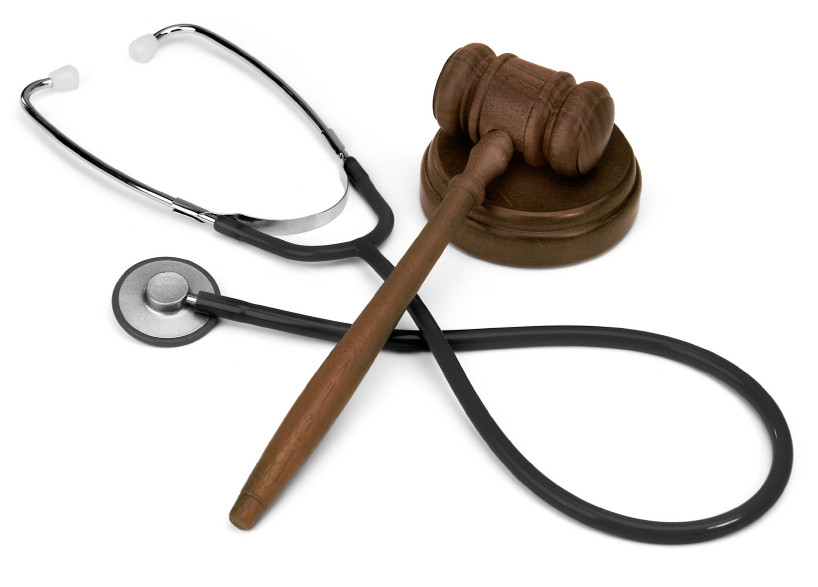Diagnostic Error Tops List of Medical Malpractice Causes

A Harvard study examined a backlog of medical malpractice claims to determine common links between them. What the doctors found was astonishingly frightening. In total, 59-percent of the cases they studied showed that a doctor's negligence resulted in serious harm to a patient. Although this degree of injury generally involved a breakdown of numerous aspects of patient care, one component stood out above the rest. More than half of the patients were harmed because a doctor failed to order a necessary diagnostic test. The Facts Medical negligence already rounds out the top three causes of death in the US, robbing an estimated 200,000 people of their lives annually. Sadly, these are preventable errors, such as when a patient is misdiagnosed or diagnosed too late, because the right test wasn't prescribed. Even more concerning is that the recorded numbers aren't a true indication of how often medical neglect really happens. As Adjunct Professor of Health Policy at Harvard School of Public Health and patient safety expert, Lucian Leape, explains "The big problem is that you can't just rely on people reporting when things go wrong." Even when a doctor's mistake doesn't result in a patient's death, people don't always realize that a standard diagnostic test could have, or should have, been ordered sooner than it was. To add to the issue, these errors rarely wind up in a patient's chart, so there's no paper trail. Although there is a growing trend in the medical profession in which doctors accept responsibility for their mistakes and immediately take steps to rectify the situation, more often than not, a patient must fight both the doctor and the insurance company to receive just treatment. Against these giants, and without solid medical malpractice claim, the lone individual often gives up, or accepts an unfair minimal settlement. Prevention Although there will always be human error in medicine, injury and fatalities can be minimized by placing a greater focus on a few key errors. First, patients need to take responsibility and ensure their doctor has their complete medical history, as well as a full list of symptoms. Without these, a doctor can't properly diagnose or know which tests are indicated. Secondly, doctors must follow a standard protocol with accurate documentation, so they aren't left to rely on memory. This involves the patient's medical history, and findings, as well as a follow-up plan. Unfortunately, the Harvard study also noted that 79-percent of the time, a doctor's poor judgment was the underlying cause. Aside from better training or more rigorous continuing education, there is no simple preventative measure in those situations.
Charleston Medical Malpractice Attorney
If you think you have been injured, or your loved one has passed away, due to a doctor's poor judgment or negligence, you may need help to proveit. If a doctor or hospital was at fault for your hardships, you may be entitled to compensation.Speak with one of our attorneys now by calling 1(800)610-2546 or complete our online form and tell us about your circumstances.
Contact Us
Clore Law Group welcomes your questions about any issues concerning a serious personal injury, car accident, medical malpractice, nursing home neglect, or business tort. If you have a viable claim, we’ll explain the legal process. Since consultations are always free, there’s no cost in learning your legal options.